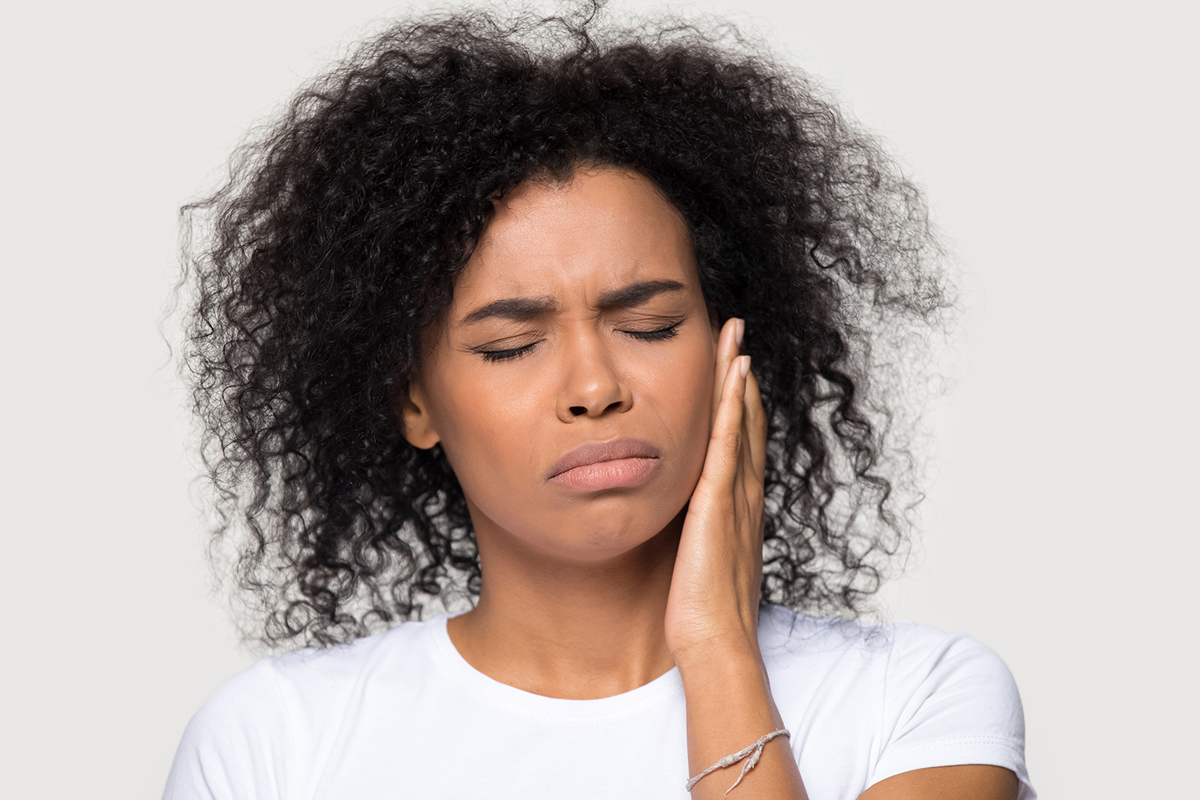Teeth grinding, or bruxism, is the involuntary and unconscious clenching and grinding of your teeth. Grinding can lead to severe and painful dental problems, such as TMJ, and even impact your overall health, causing chronic jaw pain, headaches, and dental damage such as cracking or breaking of teeth. Using Botox to prevent grinding is one solution.
How Can Botox Help with Bruxism
Bruxism is an involuntary behavior, one that may be both annoying and painful, and which can wear away your tooth enamel, cause gum sensitivity, chipped teeth, and pain. So if you’ve tried other approaches, such as a nightguard created by your dentist, and the results haven’t been what you’d hoped for, Botox has shown to be an effective treatment for teeth grinding.
While you may think of Botox as being used mainly to eliminate wrinkles or plump lips, the muscle relaxing properties in Botox have been shown to stop jaw clenching and teeth grinding for extended periods of time. In some cases – such as with bruxism, certain muscles may need to be relaxed.
How Does Botox Work to Treat Bruxism?
Using Botox for teeth grinding involves injecting a small amount into the muscles that are responsible for jaw movement, such as the masseter muscle, responsible for chewing. It can also be injected into the frontalis and temporalis muscles. Botox works by reducing clenching, helping to relieve any accompanying tension and aches. You’ll usually start to feel a difference between 1 and 3 days or up to 2 weeks following injection, depending on the patient. It allows lasting help for 3 to 6 months.
Should I Worry about Side Effects?
There are no side effects for Botox treatment for bruxism when administered by a skilled dental professional. You may note a few short-term effects such as pain, swelling or bruising at the injection site, headache or symptoms similar to the flu, eye dryness or tearing, or occasionally some drooping of eyelid or smile. Any of these are temporary.
But of course it’s important to discuss all your options for treatment with your dental team.
Keeping Your Teeth – and Yourself – Healthy
If you have suffered from teeth grinding, it’s especially important for you to practice good dental hygiene to strengthen and preserve your tooth enamel. Be sure to use a gentle toothbrush, and an enamel strengthening toothpaste.
It’s always important to get enough rest, eat a healthy diet with limited sugary or sticky treats, and visit your dentist regularly for cleaning and check-ups. And if bruxism is an issue, and you have not found other help methods fully successful, talk to your dentist about the possibility of Botox for teeth grinding.
Ready to Learn More about Botox for Teeth Grinding?
If you’re ready to learn more about Botox for teeth grinding, we’re here to help. Just reach out to us today, and our team will be happy to schedule a consultation or discuss your options to prevent bruxism.


